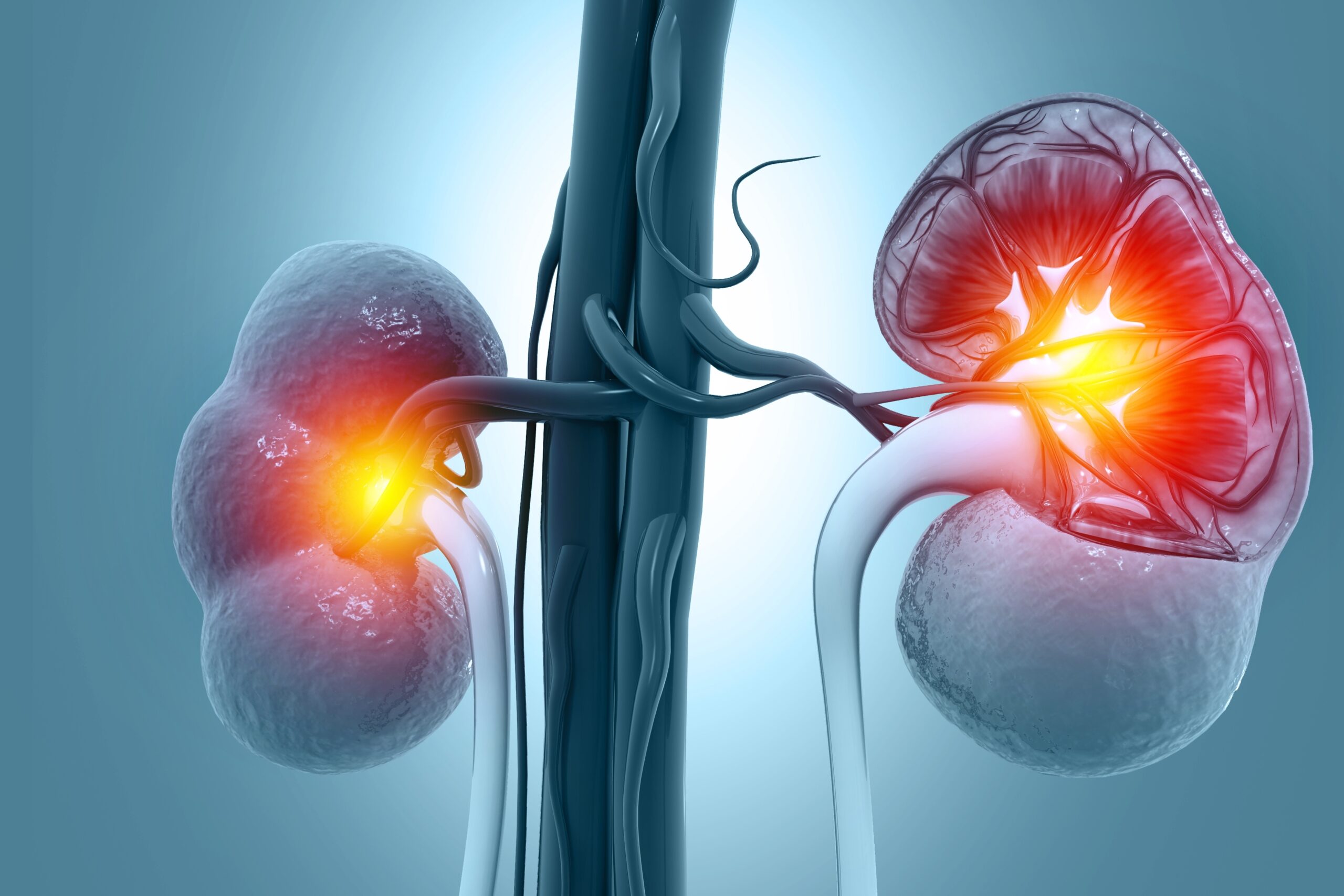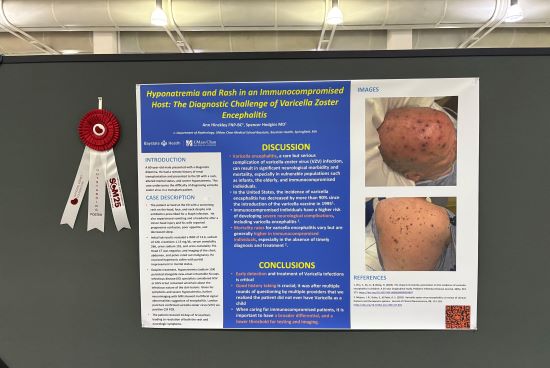
The DUPLEX trial (NCT03493685) determined that the dual endothelin angiotensin receptor antagonist sparsentan resulted in sustained proteinuria reduction among patients with focal segmental glomerulosclerosis (FSGS). Researchers sought further insights by comparing the effects of sparsentan and irbesartan on proteinuria remission and assessed how achieving complete or partial remission affected progression to kidney failure. Results were presented at the National Kidney Foundation Spring Clinical Meetings 2025.
Patients with FSGS received sparsentan 800 mg/d (n=184) or irbesartan 300 mg/d (n=187) during the phase 3, 108-week trial. The study end points included proteinuria partial remission (urine protein-to-creatinine ratio [UPCR] ≤1.5 g/g and >40% reduction from baseline) or complete remission (UPCR <0.3 g/g). To examine the effects of remission on progression to kidney failure (estimated glomerular filtration rate <15 mL/min/1.73 m2 or kidney replacement therapy), the researchers conducted post hoc analyses using pooled data on sparsentan and irbesartan.
Patients receiving sparsentan achieved partial and complete remission of proteinuria earlier and more often than those receiving irbesartan. Furthermore, achieving remission led to a notable reduction in progression to kidney failure, regardless of which therapy patients received.
In addition, sparsentan was found to be safe and well tolerated. The safety and efficacy results support the use of sparsentan in FSGS.
Source: Tumlin J, Tesar V, Trimarch H, et al. Patients (pts) in DUPLEX achieved partial or complete remission of proteinuria earlier and more often with sparsentan (SPAR) vs irbesartan (IRB): implications for slowing progression to kidney failure (KF) in focal segmental glomerulosclerosis (FSGS). Abstract #LB-07. Presented at the National Kidney Foundation Spring Clinical Meetings 2025; April 10-13, 2025; Boston, MA. Funding for the study was provided by Travere Therapeutics, Inc.







 © 2025 Mashup Media, LLC, a Formedics Property. All Rights Reserved.
© 2025 Mashup Media, LLC, a Formedics Property. All Rights Reserved.